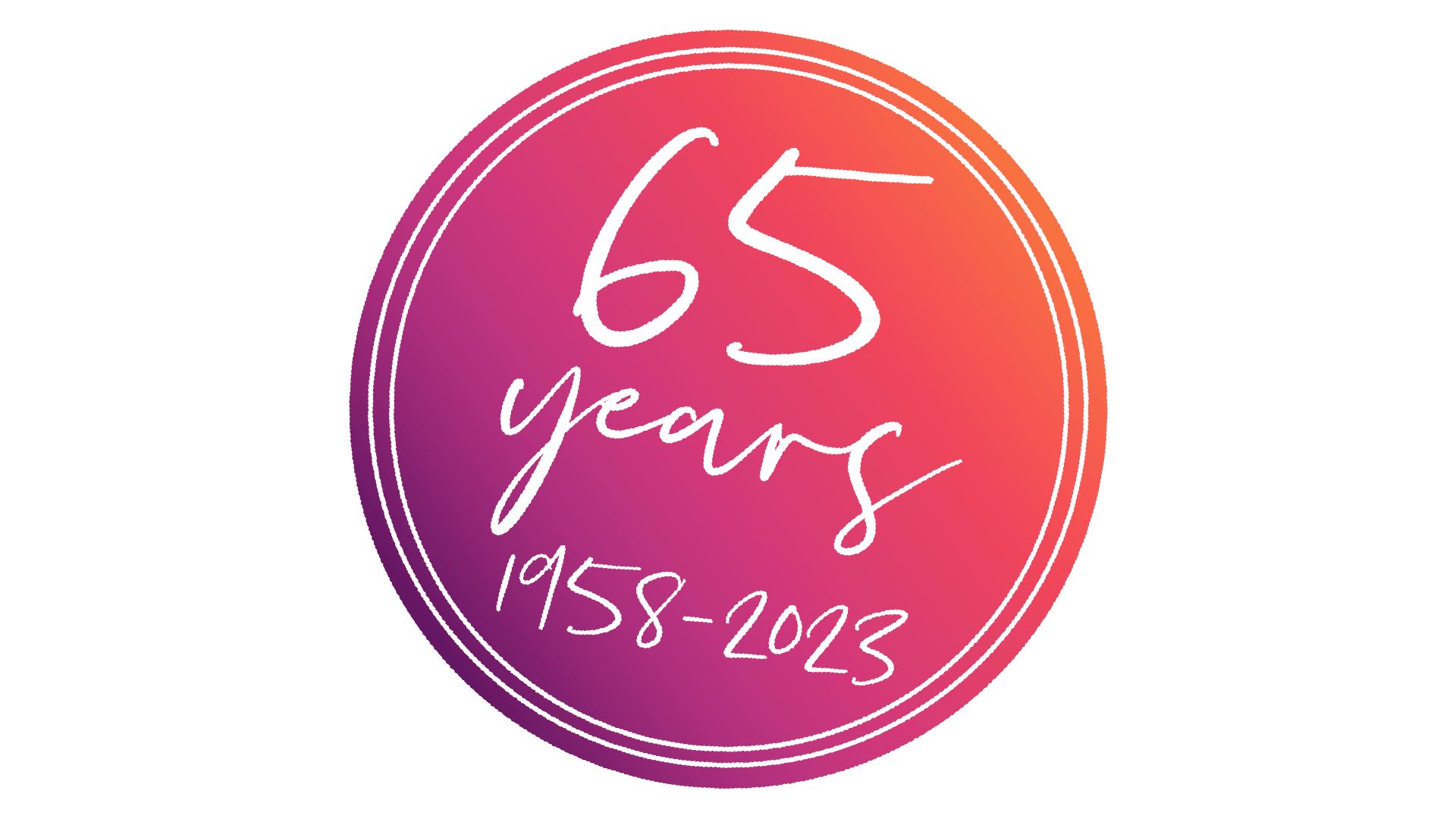About Pathways

To be a Christ-centred College to equip, support, and encourage healthy and vibrant churches throughout Aotearoa and beyond.

Pathways exists to help form disciples of Jesus in greater Christlikeness through biblical and practical training for involvement in God’s mission through the Church for the sake of the world.
Faithfulness
To Christ, God’s Word, and his mission.
Formation
Towards Christlikeness through instruction and practices aimed at shaping head, heart, and hands.
Whanaungatanga
Nurturing relationships through shared experiences to strengthen each member of our whānau.
Partnership
Collaborating and connecting with our partners and across all cultures to build mutually beneficial relationships to achieve our mission.
Service
Demonstrating love, kindness, and humility through intentional action in the service of Christ.
Strategic Planning Summary 2024-2026



Our Story
Imagine it's 1958 ...
Sir Edmund Hillary has just become the first person in nearly half a century to reach the South Pole. Bryan Barratt-Boyes has successfully performed New Zealand’s first open-heart surgery. The All Blacks have won the Bledisloe Cup ... again (go, you good thing!). Kiwis are achieving great things. And the same smarts, grit and belly-fire that made these achievements possible can be found in a handful of visionaries with an idea: to establish a school serving up exceptional biblical education, particularly to believers from Open Brethren churches. The result? That year, New Zealand Assembly Bible School (NZABS) was founded in Auckland.
GLO Training Centre for Open Brethren Missionaries blazes a trail
Fastforward to 1975 ... Years earlier, a chocolate-maker-turned-missionary had established Gospel Literature Outreach (GLO) to promote a radical new idea: short-term missions. In those days, “short-term” still meant, like, three years (none of these namby-pamby two-week missions trips we call “short-term” now!). But three years still requires major training. So in the mid-70s, the GLO Training Centre was set up in Te Awamutu to help would-be missionaries from the Open Brethren movement prep for overseas missions.
The Merger of NZABS and GLO into Pathways College of Bible and Mission
It's now the Year 2000. These two colleges both thrived—more like friends than foes. In fact, they worked so well together that they decided to make it official. In the year 2000, like the kids from Captain Planet, NZABS and GLO combined their academic and missional superpowers to become a single entity: Pathways College of Bible and Mission. Shortly after its beginning under this new name, Pathways moved from a residential to field-based (e.g. internship) model, which has allowed Pathways to retain the best of both its predecessor colleges, top-notch biblical study and real-world practical ministry.
The Legacy of Pathways Bible College Tauranga
Back to the present day. Pathways College Tauranga is carrying the torch, living into this rich legacy. The name, structure and haircuts have changed; the goal has not. We’re still 100% committed to outstanding biblical and theological education. Throughout our history, we’ve trained 2000+ women and men to follow Jesus, become more like him and serve him whole-heartedly in the 21st century. Want to join us? Enrol today.
NZQA Accreditation
Pathways College Tauranga is a private training establishment (PTE) which has been granted registration by the New Zealand Qualifications Authority under Part 18 of the Education Act 1989.
NZQA awarded the Pathways College a category 2 rating after the External Evaluation and Review (EER) in 2021.
NZQA is Confident in the educational performance of Pathways College of Bible and Mission.
NZQA is Confident in the capability in self-assessment of Pathways College of Bible and Mission.
For more information about Pathways' NZQA accreditation, click here: https://www.nzqa.govt.nz/providers/details.do?providerId=828516001
Pathways College of Bible & Mission – The beliefs that we teach
We believe, affirm, and teach
1. God is. He exists as Father, Son and Holy Spirit. He is almighty and has need of nothing. He is eternal.
2. God, who is spirit, has chosen to create space and time and matter, and all that exists. He has planned this in his wisdom and created all things by his power. He has life in himself, and all life has its source in him. He continues to be Lord and active sustainer of this world and all that he has made.
3. The crown of God’s creation is humanity, whom he has made in his image, and to reflect his glory. He has made Adam and Eve, male and female. To them he has given not only a physical body, but also the “spirit of life” that they might be “living souls” and able to have a personal relationship with their Creator. God has also given them the ability to make their own choices. Our first parents chose to disobey God and have passed on their fallen nature to all humanity.
4. Jesus Christ, the eternal Son of God, came to earth to be the Saviour of the world. He, and he alone, fully reveals God. He was conceived of the Holy Spirit and born of the Virgin Mary, fully God and fully human. He lived among us on this earth, spoke the words of God, and did the works of God. He was crucified – an act of sinful men – but his death was also his own act of obedience to God by which he offered himself as a sacrifice for the sins of the world. He was raised to life again by the power of God, on the third day, left the tomb, and after showing himself alive to his disciples, ascended to heaven.
5. God planned before the world was created that there should be a way of salvation for sinful people. We ourselves are totally unable to achieve peace with God by our own efforts. God has acted in grace and chosen to call men and women into his family and kingdom. At the same time, he invites all people to respond to him by faith in Jesus Christ and his sacrifice, and we are accountable for our choices. As we receive salvation, we are justified, forgiven, born of God, and have the gift of eternal life. By the Spirit of God, we begin to be changed to live according to God’s design, and to become like Christ. Our growing likeness to Christ is evidence of our coming into relationship with God. God’s greatest requirement of us is that we love him with all of our heart, and that we love our neighbours as ourselves.
6. At the time that anyone receives the gift of salvation, the Holy Spirit comes to dwell within them. It is by the Spirit of God that we are born again. The Holy Spirit is eternal and divine. He reveals Jesus Christ to us. He teaches the truth and communicates the life and power of God to us.
7. The Holy Spirit has inspired the Scriptures (the Old and New Testaments). The Scriptures are God’s Word. They are sufficient for our guidance and are our final authority in all matters of faith and conduct. Scripture is true and fully reliable. We do not judge Scripture – rather, we stand under its judgement, and seek in humility to understand it by the Spirit’s aid, and then obey.
8. All who have received salvation become members of Christ’s church. They are his disciples. To them is given the task and privilege of being his ambassadors to represent their master to the world, and to proclaim the good news of reconciliation to God through Christ’s sacrifice.
The Church functions as a body. God by his Spirit gives gifts which equip every member to contribute to the church’s ministry, and, for the church to be healthy, every member must be playing his or her part. All believers are priests, with access to God in prayer and worship solely on the ground of Christ’s sacrifice.
The typical pattern of church government presented by the New Testament is that of oversight by a group of elders. This provides the pattern for church leadership in our own day.
Christ has asked his disciples to remember him regularly in the celebration of the Lord’s Supper (or Communion). This is a focus of the shared spiritual life of the Church and expresses the unity of believers in Christ.
Baptism by immersion in water is a symbolic act in which believers publicly declare their commitment to Christ.
9. Evil is real. Satan, the enemy of God, is active in this world. There is a hell as well as a heaven. But Satan, sin and death have been overcome by Christ in his death and resurrection.
10. The salvation which God has planned for His people is not yet complete. Christ will soon return to this world as King of kings. Evil is yet to be finally put down in a process of judgement and in this process, God’s people are vindicated. The truth of God’s promises to Israel will also be vindicated in a time of blessing for the nation. The dead will be raised – those who have been born of God to eternal joy, and the unrepentant to eternal sorrow. Creation will be renewed, and there will be a new heaven and a new earth. All creatures will sing God’s praise.
Treaty Statement
Te Tiriti o Waitangi: A Founding Document of Aotearoa New Zealand
In 1840, many Māori chiefs and the British crown entered into an agreement together by signing Te Tiriti o Waitangi (the Treaty of Waitangi), which now serves as the primary founding document of Aotearoa New Zealand. Te Tiriti details the mutual commitment of tangata whenua (Māori) and tauiwi (non-Māori) to cooperation and partnership.
The Betrayal of Te Tiriti and Its Lasting Effects on Māori
Te Tiriti was, in part, the brainchild of certain Crown representatives whose hearts and minds had been profoundly shaped by the gospel. The impetus behind this covenant was to guard against the exploitation of Māori, as had happened to other indigenous peoples colonised previously. But the Crown failed to meet many of its obligations agreed upon through the signing of Te Tiriti, and the betrayal of that commitment has had devastating and lasting effects upon Māori and upon Aotearoa New Zealand.
Pathways’ Treaty Obligations as Church and Crown Representatives
Pathways’ Treaty obligations stem from our status as being both part of the church and representatives of the Crown. First, given our adherence to the gospel that so significantly informed Te Tiriti, we are committed to the spirit of loving partnership outlined by this agreement. Māori also refer to the Treaty as Te Kawenata (“the Covenant”), a word with rich scriptural associations. As believers in the “new covenant” of Jesus Christ, in which people from every ethnic group are invited into the family of God, we believe it is our duty and privilege to uphold this covenant, Te Kawanata.
Second, our role in administering qualifications on behalf of the New Zealand Qualifications Authority requires that we fulfil those duties originally agreed to by the Crown. Māori who enrol or otherwise work with Pathways are, in a sense, engaging with the New Zealand government. This means that our Treaty obligations are informed not only generally by our status as Pākehā, but also specifically as Crown representatives.
Honouring Treaty Partnerships through Listening to and Learning from Māori
One way we seek to honour our role as Treaty partners is by listening to and learning from Māori so that we can better serve Māori communities. It is critical that we adopt this “listening posture” to avoid acting in ignorance and to guard against perpetuating the colonising tendencies of many predominantly Pākehā institutions. As we genuinely listen to Māori voices, we will be better positioned to, in partnership with Māori, shape the future of our college in ways that will promote the flourishing of tangata whenua.
A Vision for Māori Flourishing through Quality Education and Strong Engagement
Our vision for Māori flourishing is given shape by the two-pronged approach identified in Ka Hikitia educational strategy, that will see “Māori enjoying and achieving education success as Māori”. First, we aim to provide quality education for Māori. We have in our strategic plan the goal of improving staff and faculty competency in Māori language and culture, so that te ao Māori and matauranga Māori will be better incorporated into our teaching. Second, we aim for strong engagement with Māori. To that end, we are actively cultivating relationships with local iwi in order to form productive partnerships that will create opportunities for Māori to meaningfully shape our college’s offerings.
We take our Treaty obligations seriously, because we believe that when Māori flourish, we as a church and a nation will all flourish.
Pathways Privacy Statement
For marketing purposes, from time to time, we collect personal information from you, including information about your:
name
contact information
location
interactions with us
We collect your personal information in order to:
help people understand our business
Providing some information is optional. If you choose not to enter a name, email or phone number, we'll be unable to provide additional information..
We keep your information safe by storing it and only allowing certain staff to access it .
You have the right to ask for a copy of any personal information we hold about you, and to ask for it to be corrected if you think it is wrong. If you’d like to ask for a copy of your information, or to have it corrected, please contact us at info@pathways.ac.nz, or 7 Oak Lane, Judea, Tauranga 3110.
Self-Review Attestation Summary
Click on the button below to view the 2024 Self-review Attestation for The Education (Pastoral Care of Tertiary and International Learners) Code of Practice 2021.

Our Staff
As a Pathways College Tauranga student, you will get to know our staff. These include lecturers, administrators, marketing, IT, accounts staff, and others who are dedicated to serving the educational needs of students. Our staff bring a unique perspective and set of skills to their roles, and play a vital role in creating a positive and supportive environment for students.
Our Board
Where faith, experience and governing come together.
The Board’s primary role is to provide oversight and governance of the College to ensure it meets its objectives, as outlined in the Trust Deed. The Board is accountable to serve churches associated with Christian Community Churches of New Zealand (CCCNZ) and the Christian Brethren movement in New Zealand.
In particular, the Board directs and monitors the management of the Business and affairs of the College including:
Strategy
Management
Reporting and Disclosure
Ethics
People
Risk Management
Our Faculty
Introducing our faculty team, a group of passionate and knowledgeable individuals dedicated to providing top-quality education to our students. Our educational methodology for Level 5 and Level 6 involves conducting intensive, week-long block courses, held six and four times annually, respectively. This approach enables us to attract a diverse pool of lecturers from various regions across New Zealand. Our faculty members possess a wealth of practical experience, having worked in a variety of settings, including churches and other mission-driven organisations.

We couldn't be more excited to hear all about the latest and greatest happenings in your life! Have you had any experiences or achieved any feats that you're just dying to share with us and your fellow Pathways graduates?
Let loose and spill the beans, we're all ears and can't wait to hear from you!
Sign up for our Alumni mailing list. If you want to receive our alumni updates but you aren't currently on our mailing list, make sure you sign up.

































